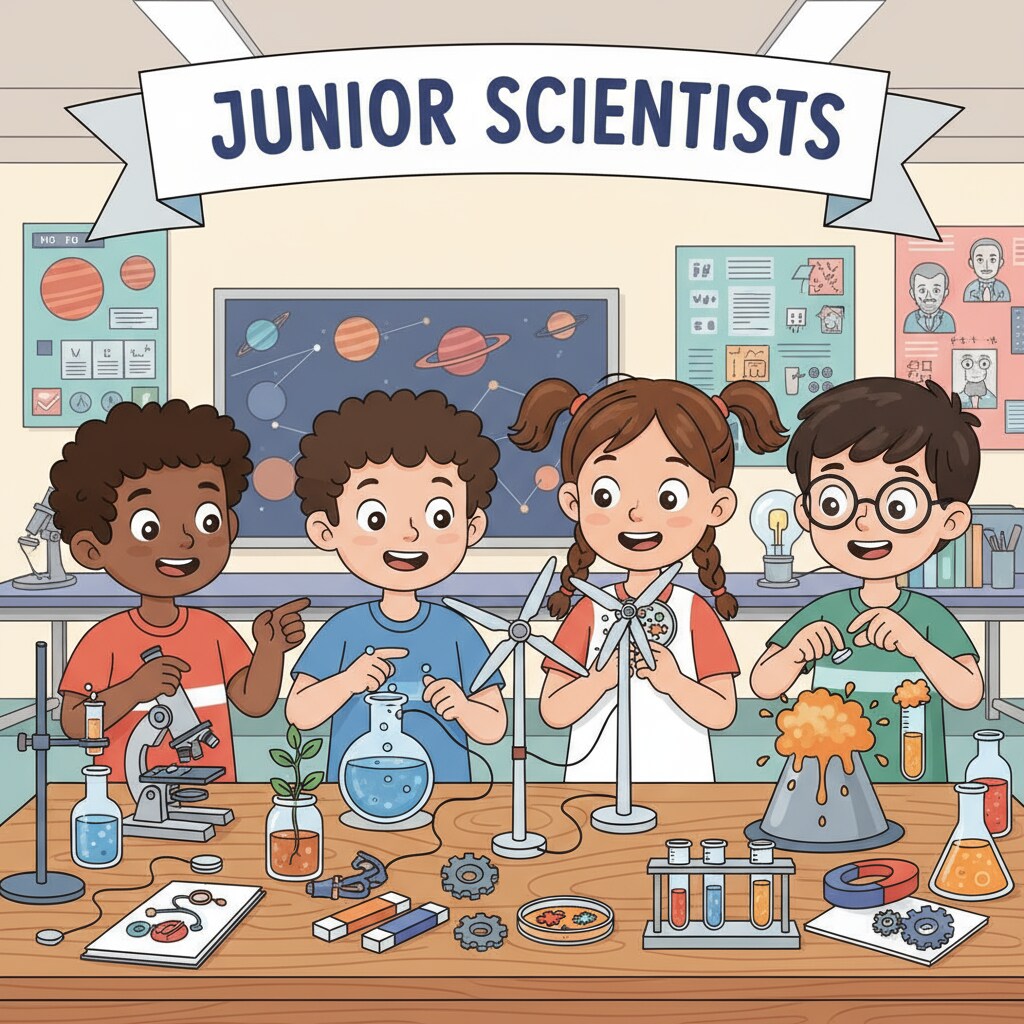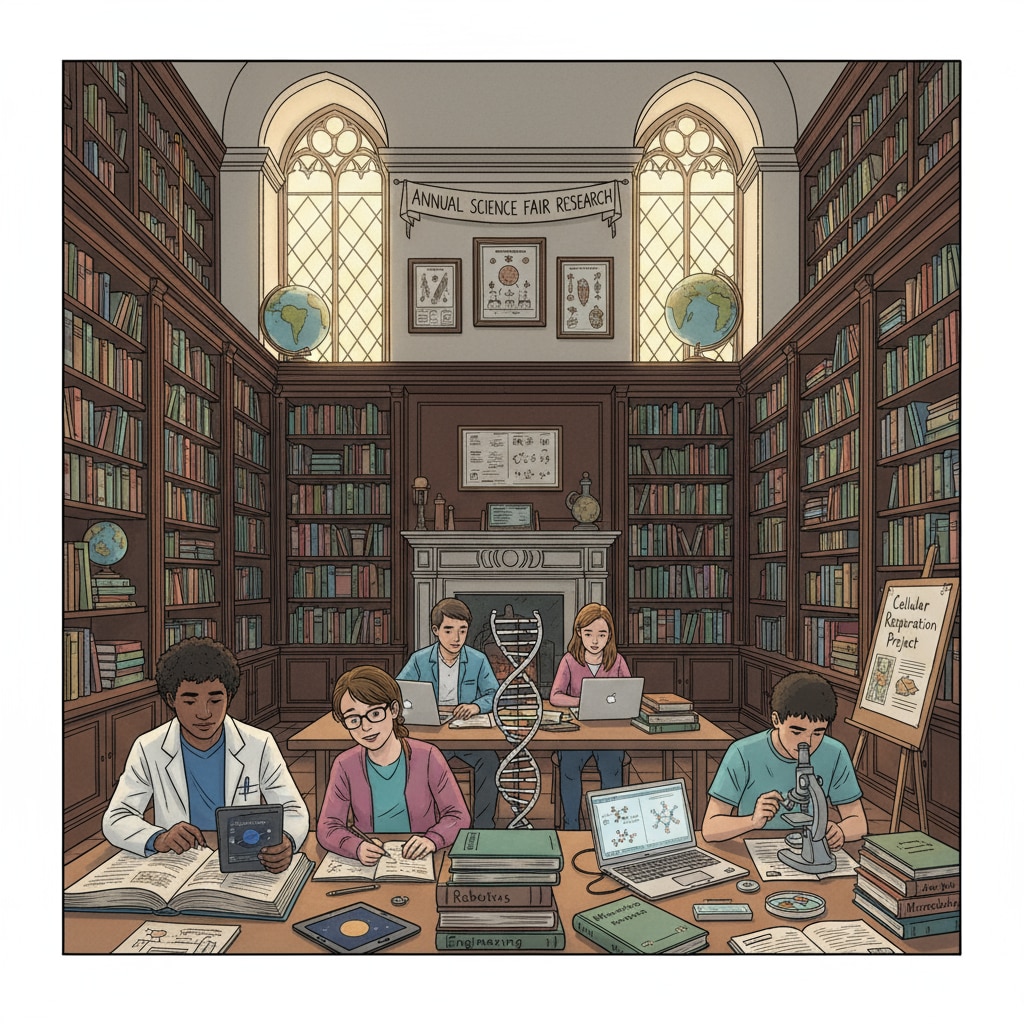Science fair, experimental projects for primary school students are not just about winning awards; they are about fostering a love for science and nurturing young minds. These projects provide a platform for kids to explore the world around them, ask questions, and seek answers through hands-on experiments.

As parents and teachers, we play a crucial role in guiding them on this exciting journey.
Getting Started with Science Fair Projects
Before diving into an experiment, it’s essential to choose a topic that interests the child. This could be anything from plants and animals to simple machines or weather phenomena. For example, a child who loves pets might be interested in exploring how different dog breeds respond to various types of food. Once the topic is selected, encourage the child to research and learn more about it. You can refer to National Geographic Kids for interesting facts and information related to different scientific topics.

Designing Simple and Engaging Experiments
When it comes to designing experiments for primary school students, simplicity is key. Use everyday materials that are easily accessible, such as paper, plastic bottles, and household chemicals. For instance, an experiment to demonstrate the concept of air pressure can be done using a plastic bottle and a balloon. In addition, make sure the experiment has clear steps and a hypothesis. A hypothesis is an educated guess about what the child thinks will happen during the experiment. Science Buddies offers a wealth of experiment ideas and templates to help with this process.
Another important aspect is to record the results. This can be done through drawings, charts, or simple written notes. By recording the results, children can analyze and understand what happened during the experiment. This not only helps in developing their scientific skills but also in presenting their findings at the science fair.
Readability guidance: Keep paragraphs short and use lists to summarize key points. For example, when listing the steps of an experiment, use bullet points. Also, ensure that the passive voice is used minimally, and sentences are of an appropriate length. Use transition words like ‘however’ and ‘therefore’ to make the text flow smoothly.


